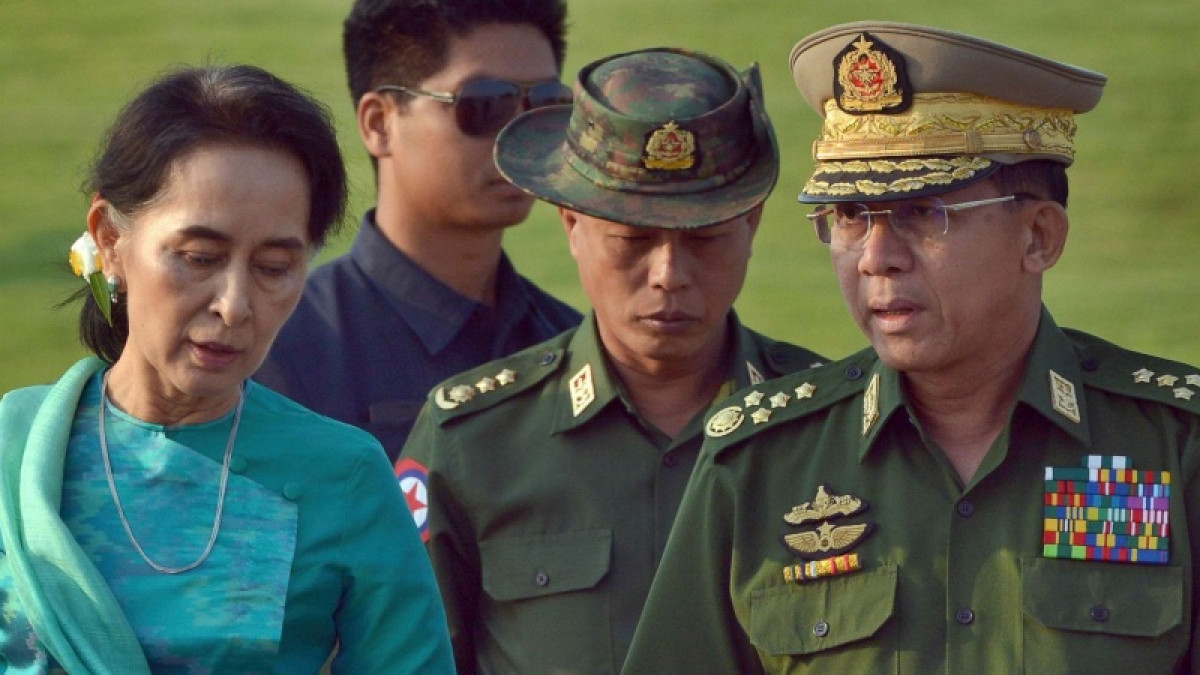 91
91
The intervention of the military in the early hours of Monday against the civilian government led by Aung San Suu Kyi has taken Myanmar back several years and abruptly halted what had been presented in the West as a path of democratic development, albeit fragile and contradictory.
The use of force to re-establish military supremacy is not a new event in the post-colonial history of the former Burma, but the changes that have occurred since the “normalization”, formally inaugurated in 2011, have been significant and it is therefore unclear, along with the deeper reasons for the coup, what will be the next steps of the likely new junta that should assume full powers in the Southeast Asian country.
Aung San Suu Kyi ended up under arrest along with the president of Myanmar, Win Myint, an unspecified number of prominent members of their party, the National League for Democracy (NLD), local politicians and democracy activists. Since dawn on Monday, internet connections have been reported suspended, while phone lines and television networks blocked except for those controlled by the military. Domestic flights have been cancelled and Yangon International Airport, the country’s most important, has been closed.
The generals have declared a state of emergency for one year, until new elections are held. One of Myanmar’s two vice-presidents, former General Myint Swe, has been appointed interim president, but the levers of power have passed into the hands of the head of the Burmese armed forces, General Min Aung Hlaing. According to the announcement released by the military’s TV, the latter would have taken the initiative under Articles 417 and 418 of the Constitution, but they require that a state of emergency and the transfer of all powers to the military be declared by the president, which the latter did not do before his arrest.
The official reason for the military’s intervention is to be linked to the fraud that allegedly characterized last November’s legislative elections, which were largely won by Aung San Suu Kyi’s NLD. Senior Burmese officials and the party to which they refer (the Union for Solidarity and Development Party, USDP) had for weeks been asking for investigations into irregularities that they claimed were widespread during the vote and at the basis of a disastrous electoral performance (33 seats out of 498). However, the electoral commission had rejected the appeals of the military and Aung San Suu Kyi had refused to bow to pressure to dissolve the commission.
The situation in the country had appeared extremely tense in the days leading up to the coup, with military vehicles appearing on more than one occasion in the streets of Yangon and the capital, Naypyitaw. General Aung Hlaing himself had threatened that the Constitution would be revoked in case of “violations of the law”. On Sunday, on the contrary, at least a couple of statements by the armed forces seemed to have reassured on the respect of “democratic norms”, but the decision to intervene had probably already been taken after a fruitless summit held on Thursday between representatives of the military and the LND. The coup finally materialized within hours of the opening of the new Parliament
Comment
Post a comment for this article